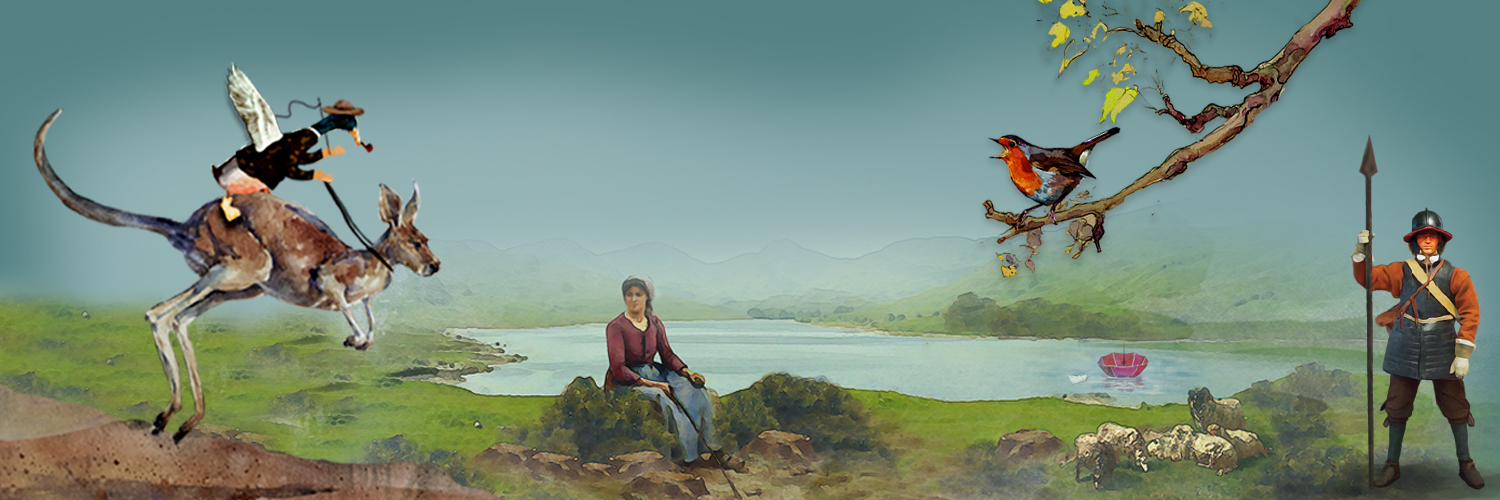
“Ozymandias”, written by Percy Bysshe Shelley in 1817, is remarkable for its simplicity and suggestiveness. In the poem, Shelley describes the ruins of the once great tomb of Ramses II, also known as Ozymandias. This tomb was intended to memorialize Ramses’ greatness, but instead paints a sad picture of death and decay in a barren desert.
The poem follows the traditional structure of the fourteen-line Italian sonnet. It features an opening octave, or a set of eight lines, that presents a conflict or dilemma. This is followed by a sestet, or set of six lines, that offers some resolution or commentary upon the intention in the octave.
The poem brings out the short life of the statues and sculptures that the rich and the mighty get carved out to immortalize themselves. The power and money of these arrogant people however fails to perpetuate their name and fame. The all consuming power of time wipes their names from the face of earth and their statues are torn down from the high pedestals that they are mounted on. The pride and arrogance of these so-called ‘mighty’ is mocked at by the shattered fragments of their statues that lie neglected and half buried here and there. The poem brings out the brevity of man and his foolish urge to immortalize his name. Man is too feeble to withstand the ravages of time. Hence wisdom lies in leading a modest and unpretentious life and later on withdrawing from the world with a sense of resignation.